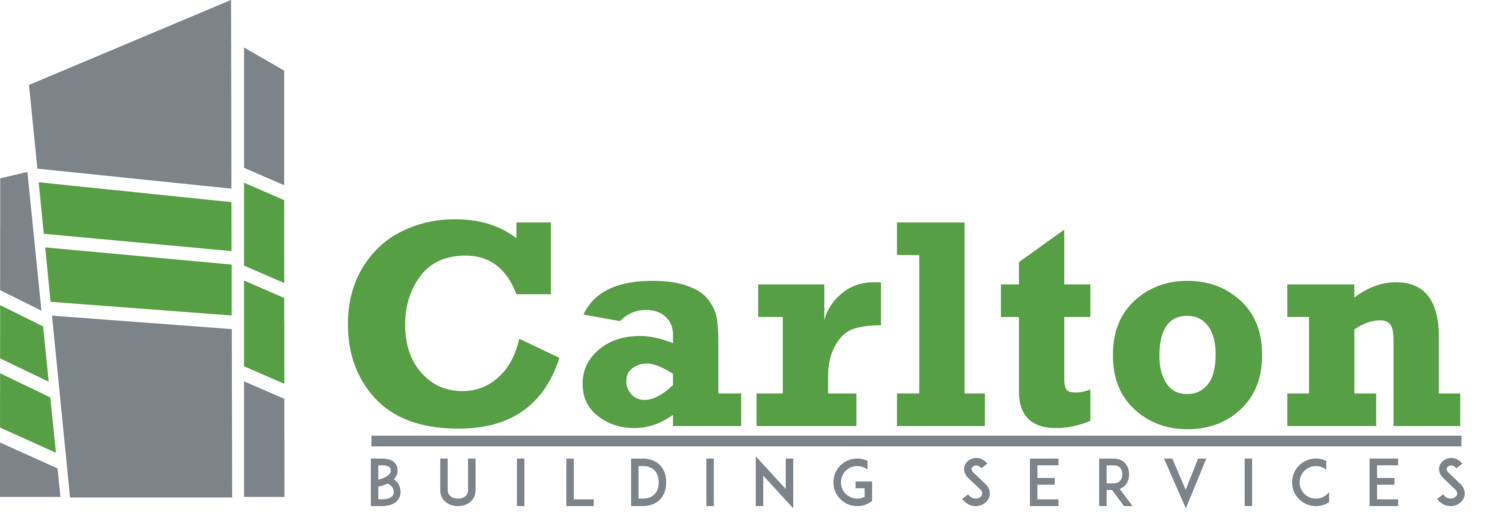Tax season is in full swing, which leaves many of us asking questions about what is and isn’t a write-off…and where we left those receipts for our business purchases. As you review your business’ expenses, one question may come to mind: is a business renovation a tax write-off in Virginia?
This question is valid, especially since the guidelines around commercial construction and business taxes are a bit murky. We’ll do our best to explain how construction projects affect taxes from the perspective of a commercial contractor, though we also recommend consulting a local CPA.
Residential vs Commercial Construction
When talking about writing off a renovation project, we’re discussing commercial projects (i.e. renovating or remodeling a place of business, not a residential property). Some residential remodelings may also be tax deductible, but only if a small business operates out of the home. For more on this, read the IRS’s home office regulations and consult an accountant.
Is a business renovation a federal tax deduction?
Business renovations are more complicated than a standard tax deduction. They can be written off, but the amount varies, depending on whether a renovation is classified as a repair or an improvement. A repair doesn’t extend the “useful life” of a space while an improvement increases the property’s value.
A repair could be replacing a roof that is falling in and must be replaced in order for the business to function. However, if a business decides to add a more modern roof to their space for aesthetic purposes or to improve the building’s energy efficiency, that would be considered an improvement.
A repair can be deducted in the full amount during one tax year. An improvement is more complicated. First, improvements can be tax write-offs, though an accountant should first depreciate the value of the improvements before deducting them from your business revenue. You also can only deduct the cost of the improvement, not the value it adds to the property.
Since the lines between an improvement and repair can be blurred, the IRS has issued classification guidelines. The rules are quite lengthy, which is why it’s important to discuss your specific situation with an accountant and contractor.
Pro tip: When a renovation is classified as an improvement, you may want to discuss energy-efficient solutions with a contractor. Buildings considered energy efficient enjoy an additional tax deduction.
What about state taxes?
Depending on the size and number of members of your business, you may not have to pay Virginia taxes on business income, but you will on individual income. Even when a business pays business tax in Virginia, many of the regulations and deductions for renovations work the same as they do at the federal level.
Under Virginia law, certain construction expenses may be counted as deductions or subtractions from an individual taxable income, though these cases are rare.
If the building is considered a historic site, there’s also a 25% tax credit available on Virginia State taxes. Certain regulations must be met to take advantage of this tax credit, and those rules are laid out here.
How to write off a business renovation
To write off a business renovation, the first step is the same as any business expense: document all expenses, the dates paid, and any additional details about services rendered. Since the lines between improvement and repairs can be blurry, it’s best to write a few notes about what was done to the property and why.
After, you’ll want to consult a business accountant about these expenses. A skilled accountant can review the expenses and write the entire construction cost off as a deduction if the renovation is classified as a repair. For projects classified as an improvement, the accountant can make the proper depreciation and report back with how much to write off.
Small business loans and tax write-offs
Many of Carlton Building Services’ clients take out a small business loan to help pay for their building renovation. A small business loan, either from the federal government, a state-sponsored organization, or a bank, is a great resource when the construction costs are too substantial to pay upfront.
Standard loans include interest. For these loans, you can deduct the interest from your taxes, but the original cost of the loan cannot be deducted. There are some exceptions to when interest can be deducted:
- When refinanced, you can’t deduct interest on the first loan
- Loan origination fees cannot generally be deducted
- Capital interest, due to a missed payment, cannot usually be deducted
- When a loan is unused, it’s considered an asset, not an expense
According to Virginia tax regulations, any interest deducted from federal taxes can also be deducted from state ones. If interest falls within one of the above exceptions at the federal level, it cannot be deducted from state taxes.
Frequently asked questions
Still have questions about taxes and your business renovation? We’ve got answers. Check out the most frequently asked questions below.
Is renovation an asset or an expense?
Typically, a renovation is often viewed as an asset because it provides a tangible benefit to the property and business for years to come. That means you can deduct the cost, but after it has been depreciated. If a construction project is classified as a repair that doesn’t add value to the existing structure, the entire cost is a write-off.
How do you record renovation in accounting?
Typically, a renovation is viewed as a property and equipment asset. It can be baked into the total value of the fixed asset (the property), though the cost of the project can be deducted, once depreciated by an accountant. For more on how to record renovations, consult an accountant who understands local and federal tax laws as they pertain to businesses.
Where do building improvements go on a balance sheet?
Building renovations are part of the cost basis, which is the price of the property and any improvements to it. Typically, this is recorded as a business asset on a balance sheet, but it’s best to consult an accountant about where to place your building improvement.


